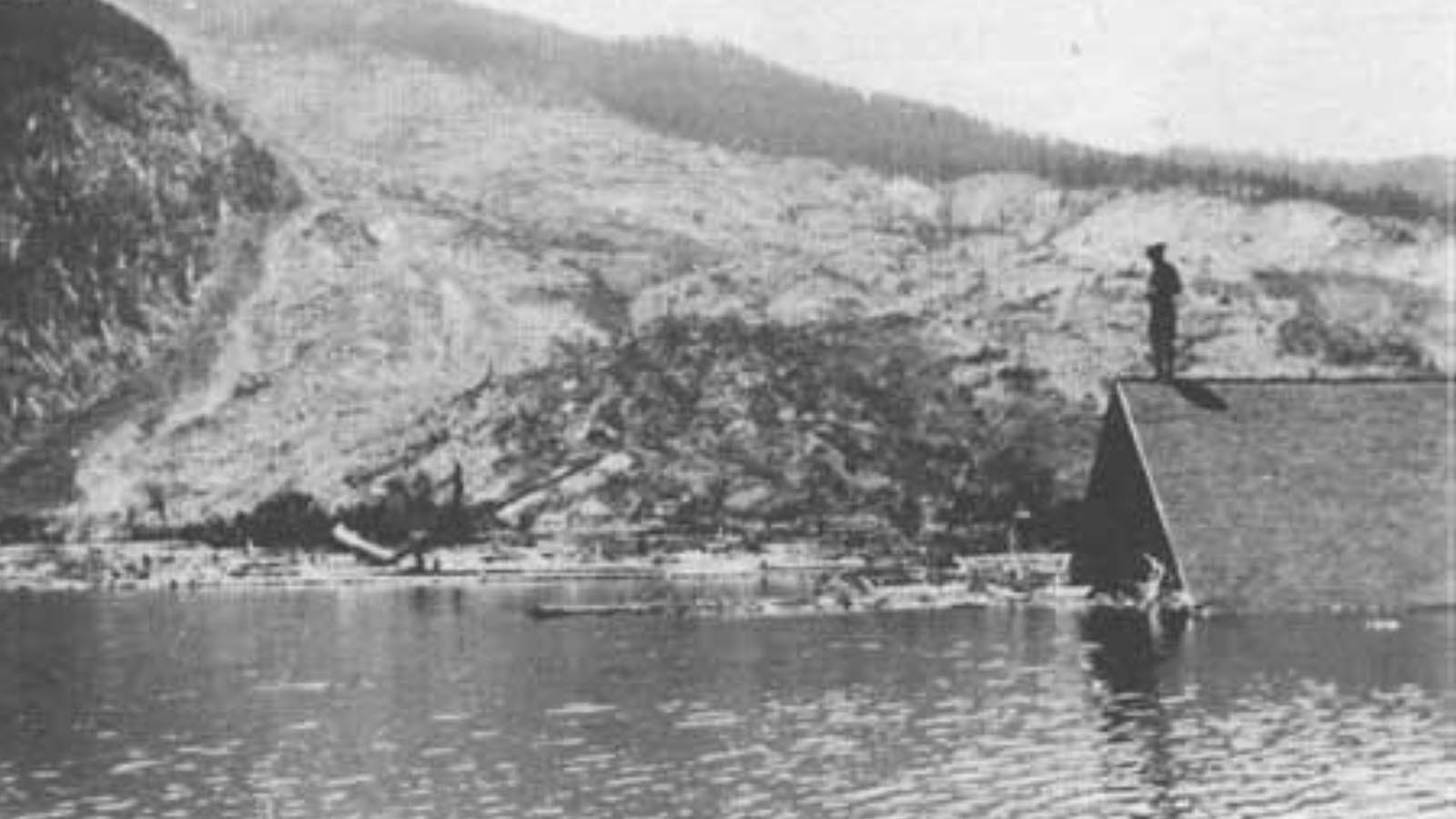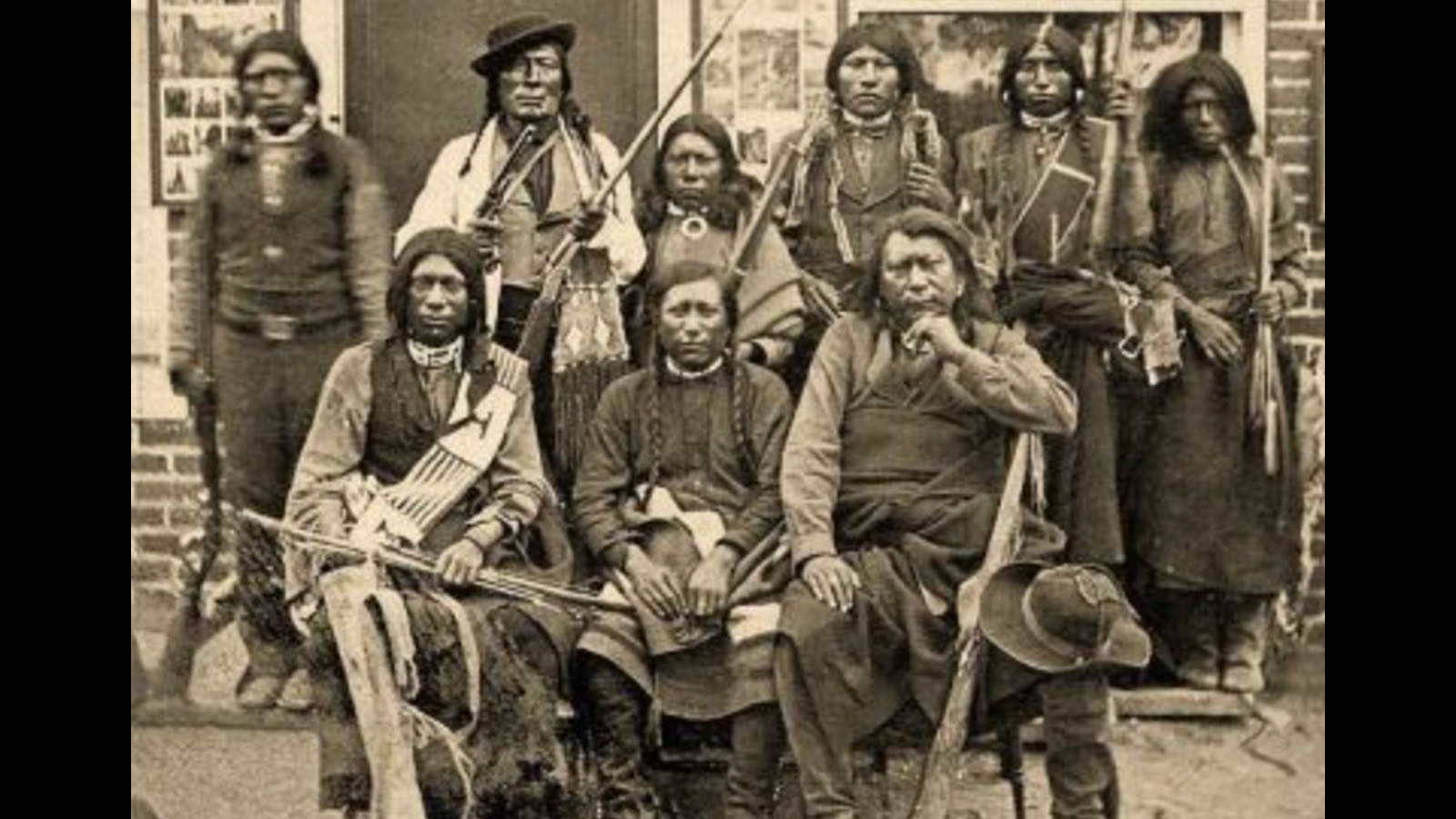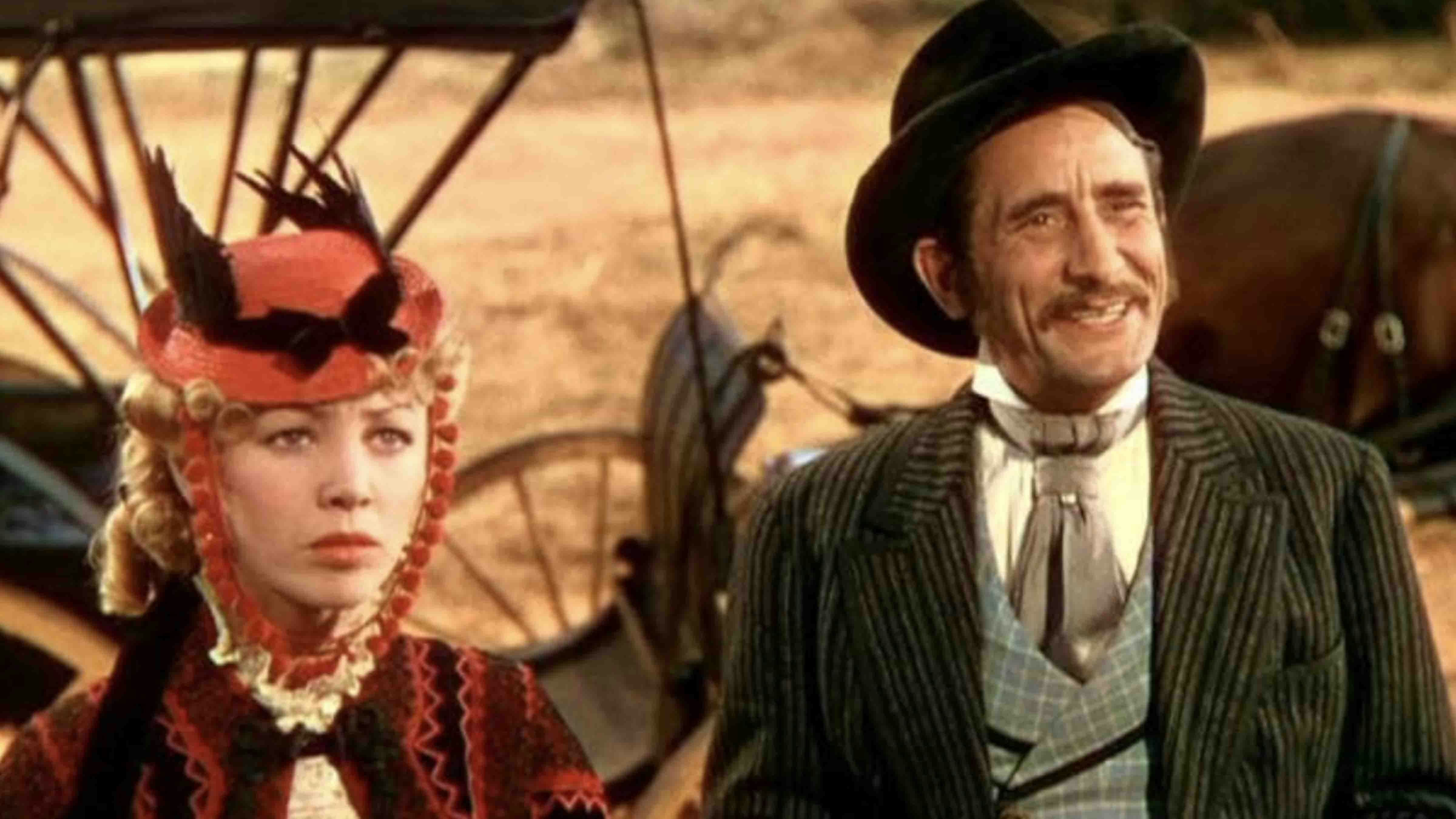As I write this column, nearly seventy major wildfires are raging across the United States. Twenty-five thousand firefighters and support personnel are battling to contain the conflagrations that have already destroyed more than 7,000,000 acres and scores of homes, ranches, and businesses.
Here is the saga of another killer forest fire that occurred causing horrific destruction and loss of life almost 125 years ago.
September 12, 1902, dawned a sultry day in the great Douglas-fir forests that dominated the vast territory between the Cascade Mountains and the Pacific Ocean, and from northern California to the far reaches of British Columbia.
Although smoke hung low over the thick wilderness along the Lewis River of southern Washington, no one thought a great deal about it, since small fires in the woods were common occurrences back then.
Around noon, Mr. and Mrs. Ira Reid, Mr. and Mrs. C. A. McKeen, six children, and George Smith, a visiting uncle from Kansas, set out in a horse-drawn wagon from the Reid farm on the north fork of Lewis River.
They were going on a picnic to beautiful Trout Lake, nestled on the slope of Mount St. Helens, several miles to the north. They passed the tiny town of Vale Oregon, and traveled along the logging road for another two miles or so before running into a solid sheet of fire that had swept down a nearby mountain valley.
Several weeks later, when Charlie Hartsuck and Charlie Smith rummaged their way through the thousands of burned Douglas-fir spires looking for survivors, they came upon the Reid wagon and the charred bodies of the fire’s victims.
The men saw the remains of the wagon first. Nothing was left but the iron wheels and hardware that had collapsed with the wagon when it burned. Then, within 150 feet of the wagon, the two men found the bodies of all eleven people.
The remains of the two horses, released from the wagon by a frantic but kind master, were located a few feet beyond those of the humans. Speelyai Creek—which would have meant probable safety for the people and animals—was only one hundred yards away from the site of the tragedy.

At about the same time that the eleven had met their doom, most of the residents on the nearby Newton farm had made it to the safety of Speelyai Creek when they saw the flames rapidly descending on them. Mrs. Newton, who stayed behind to rescue her Singer sewing machine and some jarred fruit, never made it to the creek.
The mailman who served these outlying farms was W. E. Newhouse. He had seen the fire approaching his house, hitched his horses to his mail buggy, and made a run for it. Several days later, both Newhouse and his horses were found, burned almost beyond recognition. In the same neighborhood, Joe Polly had been awakened by cinders from the rapidly approaching firestorm falling on his roof. Luckily, he lived to tell the story. Polly’s sister-in-law, a few miles away, was killed when the flames engulfed her, her baby, and her younger brother.
Although the big fires of 1902 are collectively referred to as the Yacolt blaze, the inferno’s flames never reached the village of Yacolt. The fire came so close, however, that it blistered the paint on the town’s frame buildings and sent nearly all the residents fleeing to the safety of a nearby creek.
Several other people and many animals were killed throughout Clark County in the 1902 fires. A few days after the tragedy, a correspondent for Vancouver’s weekly newspaper, the Columbian, reported, “What a week ago was a beautiful valley of the Lewis River is now a hot and silent valley of death, spotted with the blackened bodies of both man and beast.”
Other regional newspapers reported the progress of the inferno as well. From Bucoda, Washington: “This town was inky darkness until noon today, and people were going around with lanterns. No fire is in sight as this is written but there must be great conflagrations somewhere else in the vicinity.”
The Elma, Washington, newspaper proclaimed: “A courier has just arrived from the Star sawmill which he says has been wiped out. Men there made a brave fight but had to flee for their lives.
The fire can be heard here in the village, and it is like the sound of the sea as it crosses the bar. Ashes are falling like the skirmish before a snowstorm. Wagonloads of refugees and their household effects are arriving in town.”
Don’t Blame it on the Volcano
Stories of the fires’ origins varied depending upon which newspaper one read.
The Vancouver, Washington, paper erroneously reported that, “It is believed by many people that the big fires raging in this part of the state are due to an eruption from a volcanic source somewhere between Mount Hood and Mount St. Helens.”
Even from as far away as Eugene, Oregon, the damage could be felt and seen. The newspaper there proclaimed that, “The smoke is so heavy here that Skinners Butte cannot be seen from 8th street, four blocks away.”
When it was all over, the fires had destroyed multiple farms, ranches, and sawmills. Cinders covered Portland, Oregon, to a depth of one-half inch.
The fires stretched from Bellingham, Washington, to Eugene, Oregon, eventually burning more than 700,000 acres of prime, virgin-growth Douglas fir, Sitka spruce, hemlock, and cedar.
Whether the monstrous fires, numbering more than one hundred in all, were caused by human or natural acts will probably never be known.
The fires of 1902 caused an estimated $13 million [nearly one-half billion dollars in today’s economy] worth of property damage alone, not counting the loss of human and animal life and the billions of board-feet of prime timber.
Three years after the fires had damaged much of western Washington and Oregon, the state of Washington enacted a law that established a board of forest commissioners empowered to appoint a state fire warden and several deputies.
Thus, Washington laid plans to reduce the possibility of a similar fire season from ever occurring again.
James A. Crutchfield can be reached at TNcrutch@aol.com





